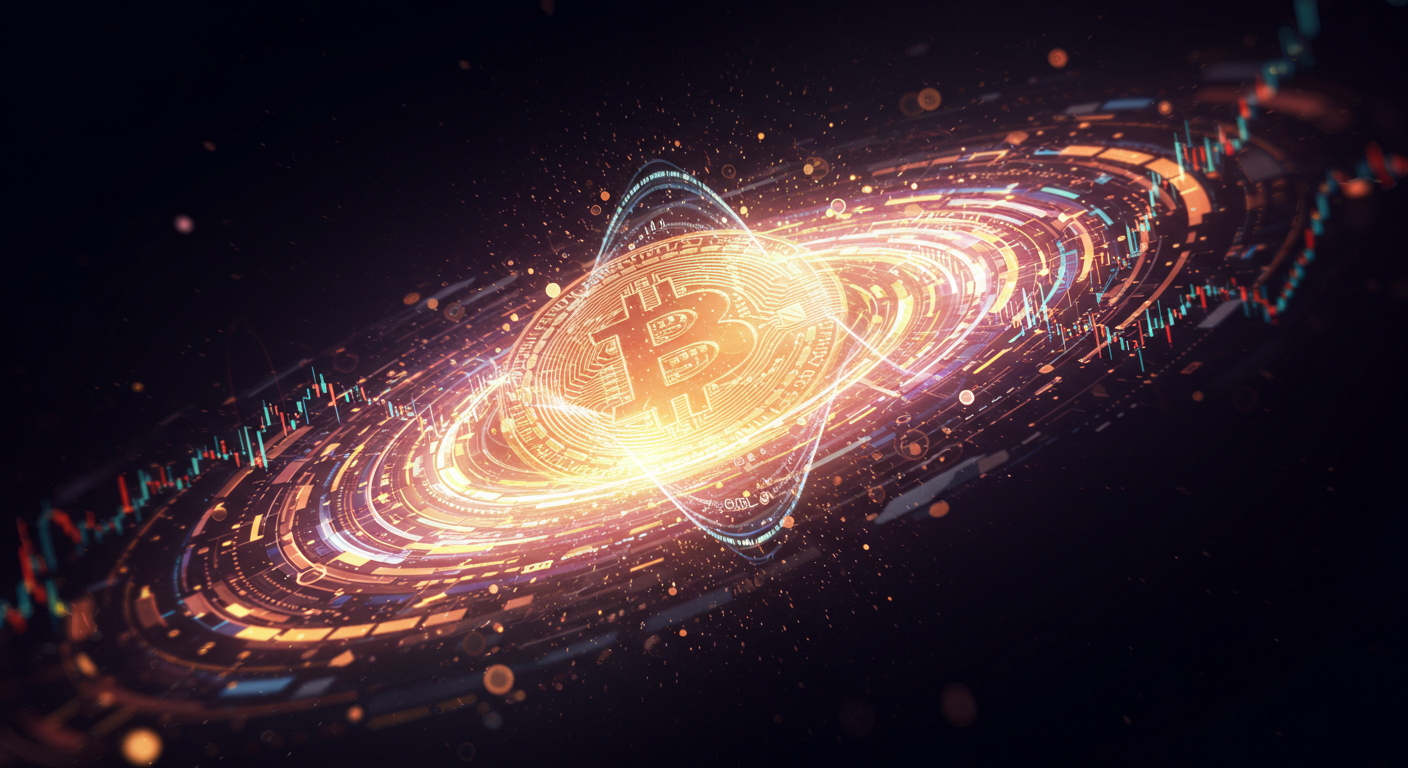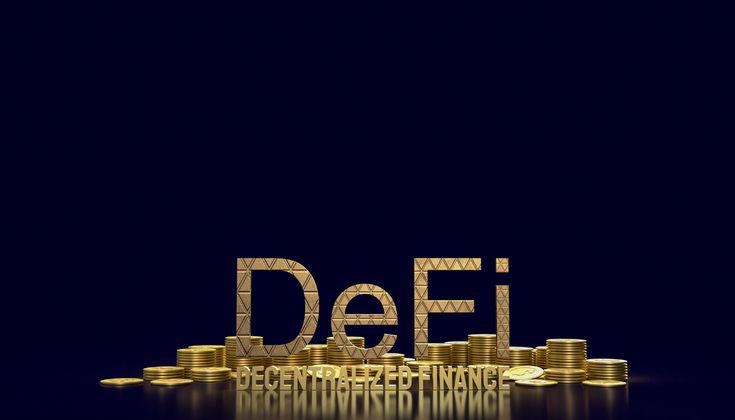Crypto assets like altcoin are becoming versatile for traders, investors, and developers in the crypto space. Learning the market size, risk management, and asset class of the altcoin market is very important for informed decision-making.
Gain professional evaluation of altcoin market capitalization trends, digital asset market share, and investment strategies in the cryptocurrency industry.
This knowledge can help market participants effectively leverage the various opportunities in the crypto world and gain valuable insights from market predictions and high trading volume.
Understanding Altcoin Market Capitalization
Market capitalization, or "market cap," means the total supply and value of a cryptocurrency. Traders can calculate it by multiplying the current price by the number of coins in circulation.
For altcoins in the digital asset landscape, market cap data from multiple sources can be used as a major indicator of their potential growth and market presence.
Since cryptocurrencies are digital currencies, a higher market cap usually means a more stable and potentially established investment, while a lower market cap means higher volatility and significant gains.
Recent Trends in Altcoin and Bitcoin Market Capitalization
Within the cryptocurrency sector, meme coins have gone through unprecedented growth. In December 2023, tokens such as Shiba Inu and Dogecoin have an increase in their cryptocurrency market capitalization, with the meme coin sector reaching $137 billion.
However, this figure fell by 59% to $56.2 billion in February 2025 based on current market analysis. This sharp fall has been attributed to controversies and scandals, including suspected insider trading and significant devaluations following endorsements by public figures.
For instance, cryptocurrency prices of the Libra coin saw its value drop by more than 90% after brief support from Argentina's President Javier Milei.
Read also
Bitcoin's Dominance and Altcoin Performance in 2025
The total value of the cryptocurrency market is currently at $2.97 trillion as of the time of writing, with top coins like Ethereum and Bitcoin accounting for more than $1.71 trillion, indicating a dominance of 57.56%.
Although the largest cryptocurrency Bitcoin reached a new all-time high, several altcoins have underperformed in the overall cryptocurrency market.
For instance, 13 of the top 100 crypto coins have surpassed the growth of Bitcoin and Ethereum this year. Several areas contributing to this trend are the launch of Bitcoin ETFs in the United States and the perception of Bitcoin as a stable store of value.
Based on historical data, the anticipated altcoin season has yet to take effect, making investors in the crypto industry exercise caution when investing making informed decisions in the digital asset space.
Factors Influencing Altcoin Market Capitalization
For cryptocurrency projects, several factors influence the market overview and cap of altcoins:
1. Regulatory Environment of the Cryptocurrency Market
The regulatory landscape plays a major role in affecting the market caps of altcoins. The election of Donald Trump as President has raised optimism for more favorable policies on digital assets.
Clearer regulations can boost investor confidence, potentially resulting in increased investments in altcoins. However, the current category of many altcoins as securities by the SEC created tighter regulations, limiting institutional investors.
The future of altcoin valuations may significantly depend on market news and upcoming regulatory clarifications by cryptocurrency analysts.
2. Technological Advancements and Adoption
The innovation and utility of an altcoin can greatly affect its total number of coins and market cap. Altcoins provide unique improvements or solutions over current blockchain technologies to attract more investors in NFTs and DeFi.
For instance, platforms concentrating on decentralized finance (DeFi), faster transaction speeds, or smart contracts can positively affect their market capitalization.
In the global cryptocurrency market, investors are advised to evaluate the underlying technology and real-world use cases of altcoins before investing.
3. Market Sentiment and Social Media Influence
Market price and market sentiment often powered by social media buzz can cause instant fluctuations in altcoin market caps and prices. Positive news, viral trends, or endorsements from influencers can lead to a sudden spike of activity in the crypto.
Conversely, controversies or negative publicity can lead to sharp declines. The phenomenon of meme coin exemplifies this process, where hype on social media can lead to a high market cap, followed by major downturns because of negative events.
Investors should use such trends with caution, acknowledging the potential for both substantial risks and high rewards.
Future Projections for Altcoin Market Capitalization
Looking ahead, several areas also affect the market cap trends of altcoins:
- Institutional Investment: The introduction of increased interest and cryptocurrency ETFs from institutional investors can offer more capital flow and legitimacy for investors to invest in the crypto altcoin market.
- Regulatory Developments: Favorable regulatory policies, especially in huge markets like the U.S., can boost investor confidence and attract market participants to the altcoin space.
- Technological Innovations: Advancements in blockchain technology and the emergence of new altcoins applications can drive the adoption of crypto and increase broader market caps for people who want to invest in crypto.
However, potential challenges like security concerns, regulatory crackdowns, and market volatility remain. Investors must perform thorough research and consider spreading their portfolios to reduce risks in cryptocurrency trading.
You can watch various YouTube Resources for understanding crypto market trends, trading volume, and financial services of altcoins
Conclusion on Altcoin Crypto Market Cap
Understanding altcoin market capitalization trends is essential for navigating the complex and volatile cryptocurrency landscape. By staying informed about market dynamics, regulatory changes, and technological advancements, investors can make strategic decisions to capitalize on opportunities within the altcoin market.




 Mutuum Finance (MUTM) Price Forecast 2025: Expert Analysis
Mutuum Finance (MUTM) Price Forecast 2025: Expert Analysis
 Analyzing Crypto Price Movements: A Simple Guide for Traders
Analyzing Crypto Price Movements: A Simple Guide for Traders
 Internet Computer (ICP) Price Prediction 2025 | Future Outlook
Internet Computer (ICP) Price Prediction 2025 | Future Outlook


